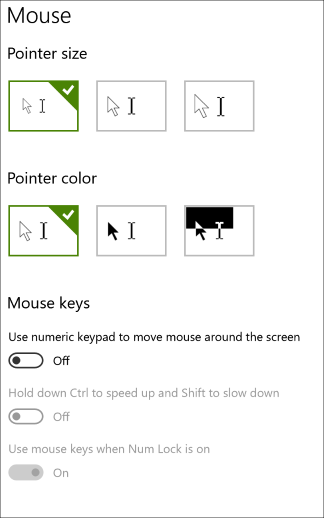AutomationProperties.GetHeadingLevel(DependencyObject) Method
Definition
Important
Some information relates to prerelease product that may be substantially modified before it’s released. Microsoft makes no warranties, express or implied, with respect to the information provided here.
Gets the value of the AutomationProperties.HeadingLevel property for the specified DependencyObject.
public:
static AutomationHeadingLevel GetHeadingLevel(DependencyObject ^ element); static AutomationHeadingLevel GetHeadingLevel(DependencyObject const& element);public static AutomationHeadingLevel GetHeadingLevel(DependencyObject element);function getHeadingLevel(element)Public Shared Function GetHeadingLevel (element As DependencyObject) As AutomationHeadingLevelParameters
- element
- DependencyObject
The specified DependencyObject.
Returns
The value of the AutomationProperties.HeadingLevel property.
Remarks
Heading elements organize the user interface and make it easier to navigate. Some assistive technology (AT) allows users to quickly jump between headings. Headings have a level from 1 to 9.

Examples of headings would be section titles within the Windows Settings app. For instance, under the Ease of Access -> Mouse page, Pointer size, Pointer color, and Mouse keys would be a heading of level 1.